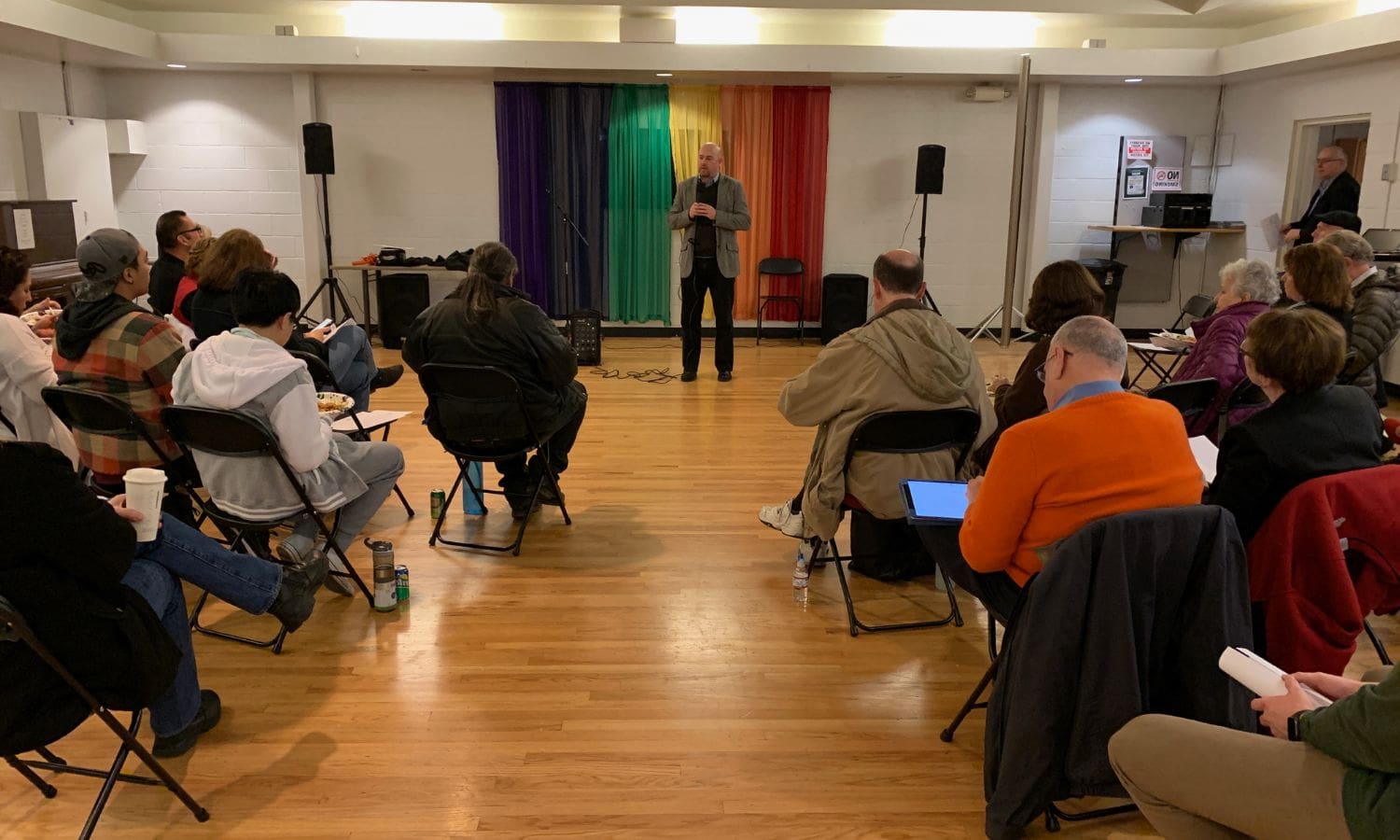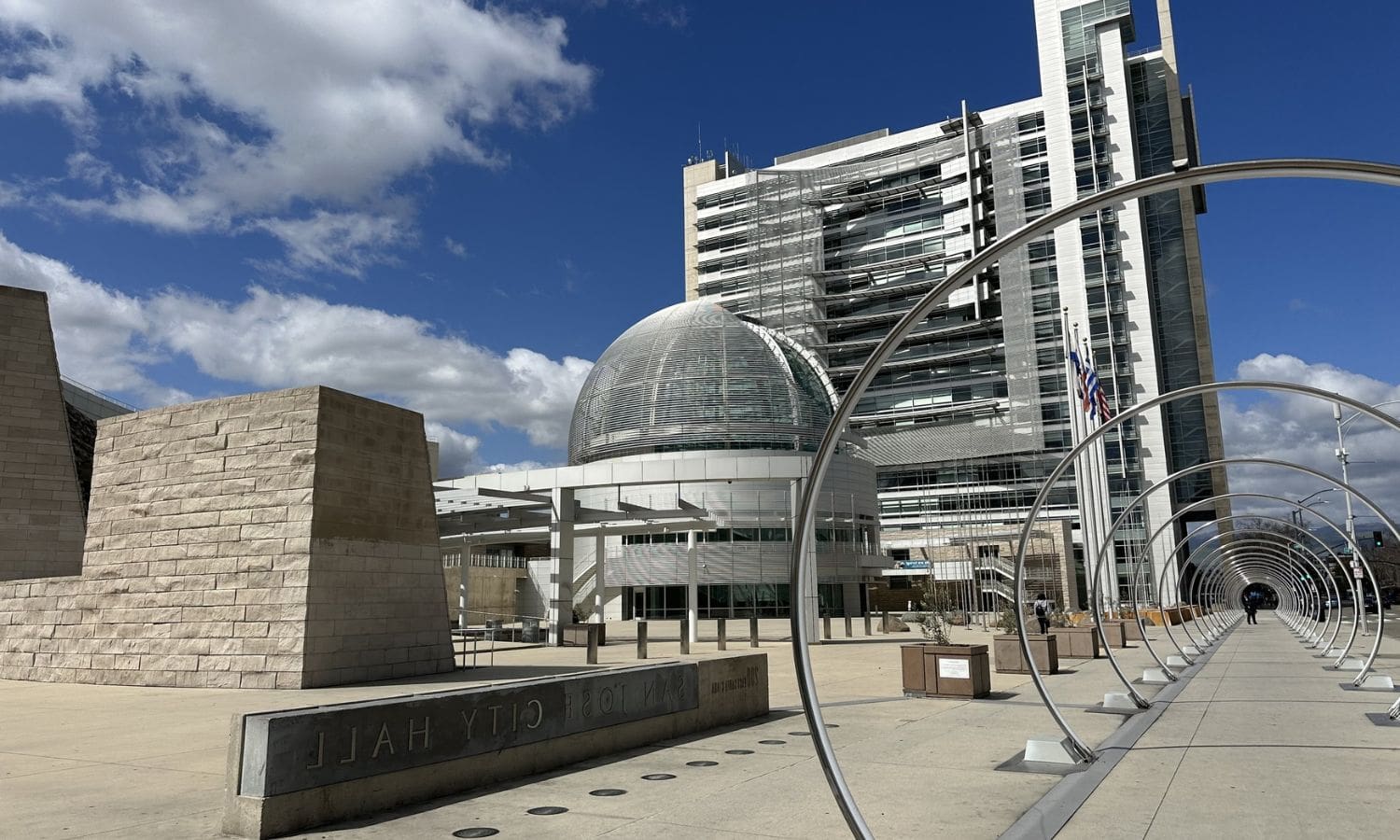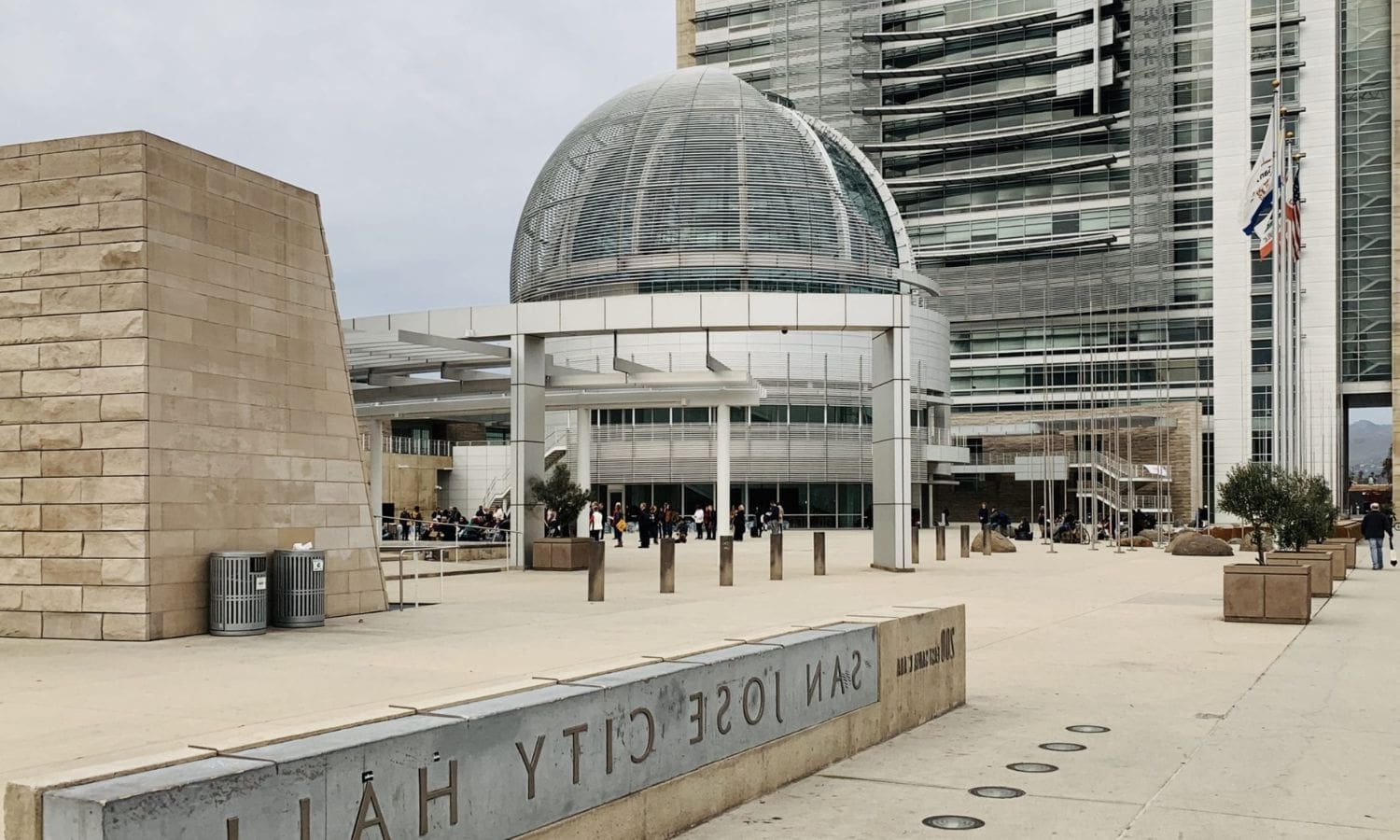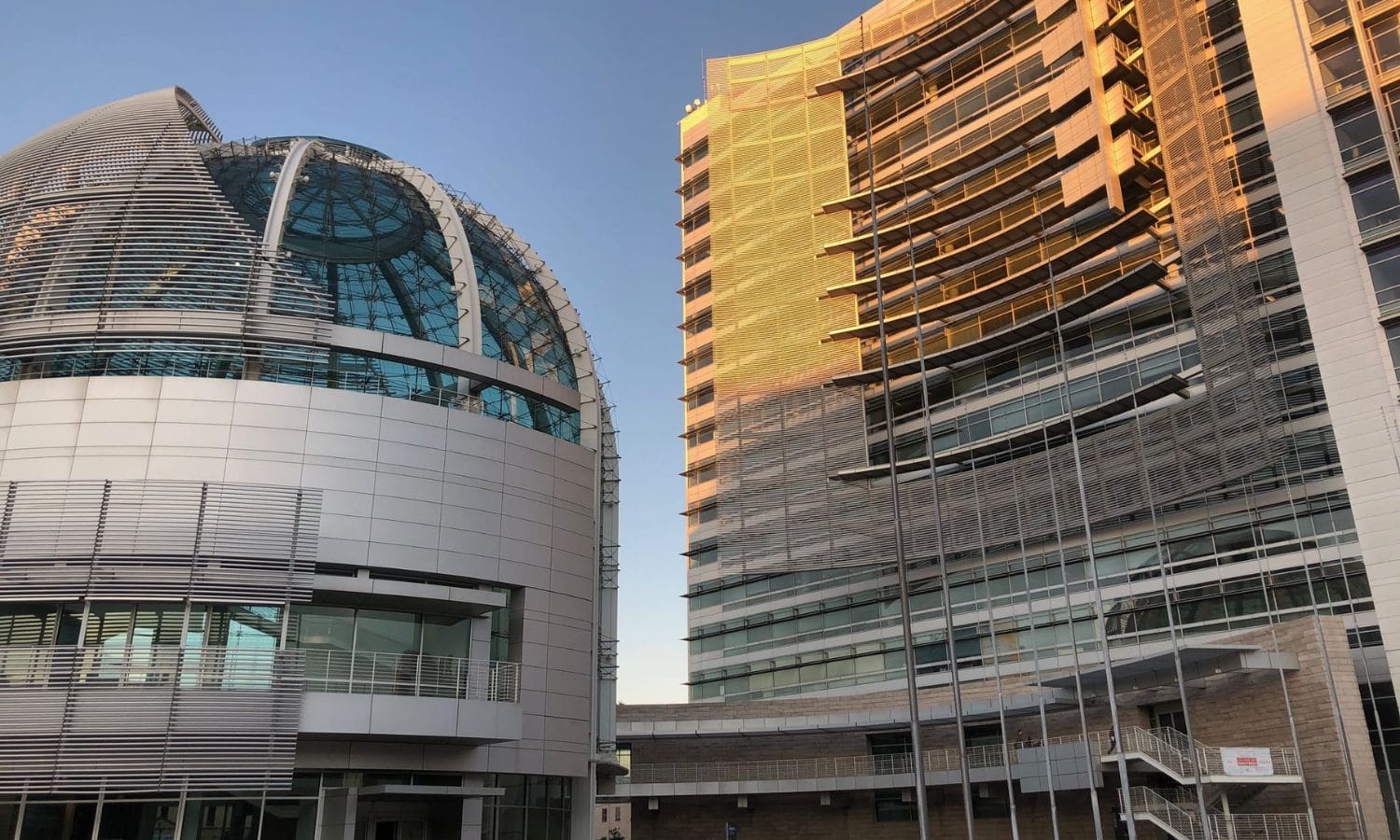Shoor Calls for Upstream Public Policy: In the pursuit of effective governance, the concept of upstream public policy has gained traction in San Jose. The advocacy of Shoor, a prominent figure in the community, as he calls for a shift towards proactive decision-making.
By addressing the root causes of societal challenges, rather than solely reacting to their consequences, San Jose aims to foster long-term solutions and build stronger relationships.
The key components and potential benefits of upstream public policy.
Key Takeaways Of Shoor Calls for Upstream Public Policy
- City council’s reactive approach proves counterproductive in the long run.
- Upstream Public Policy tackles problems at their root to prevent crises.
- Upstream Public Policy creates lasting solutions that benefit the community.
- Upstream Public Policy leads to a more sustainable and resilient community.


Also Read: Santa Clara County Accepts Ruling on 49ers Tax Break, No Further Appeal
The Challenge of Reactive Governance
The challenge of reactive governance in San Jose arises due to the city council’s recurring reliance on responding reactively to evolving policies and urgent constituent concerns. This approach, while understandable, has proven to be counterproductive in the long run. Instead of taking a proactive stance and addressing issues before they become urgent, the council finds itself constantly playing catch-up.
This reactive cycle leads to a lack of strategic planning and a failure to effectively address the underlying causes of problems. As a result, the city council is often overwhelmed by a never-ending stream of urgent issues, leaving little time for thoughtful, long-term solutions.
To break free from this cycle, San Jose must shift towards a more proactive approach by anticipating future challenges, engaging in strategic planning, and implementing policies that address the root causes of issues before they escalate.
Introduction to Upstream Public Policy
Shoor advocates for implementing an innovative approach called ‘Upstream Public Policy’ to proactively address issues in San Jose. This strategy aims to tackle problems at their root, preventing them from escalating into crises. By focusing on the source of issues, rather than just reacting to their consequences, Upstream Public Policy seeks to create lasting solutions that benefit the community.
To provide a visual representation of this approach, consider the following nested bullet point list:
- Benefits of Upstream Public Policy:
- Prevention of downstream problems
- Cost savings in the long run
- Key Components of Upstream Public Policy:
- Identifying and addressing root causes
- Collaborative decision-making and community involvement
This introduction to Upstream Public Policy highlights its proactive nature and its potential to bring about positive change in San Jose. By addressing issues before they become crises, this approach can lead to a more sustainable and resilient community.


Key Components of Upstream Public Policy
One of the key components of Upstream Public Policy is the identification and addressing of root causes. This means going beyond the surface-level symptoms and delving into the underlying factors that contribute to the issues at hand.
In the context of homelessness, for example, it is crucial to understand the reasons why individuals become homeless in the first place, such as lack of affordable housing, unemployment, and mental health issues. By tackling these root causes, public policy can be designed to prevent homelessness from occurring in the first place, rather than simply providing temporary solutions like shelters and emergency assistance.
This approach requires comprehensive data analysis, collaboration with various stakeholders, and the development of targeted interventions that address the specific needs of the community. By focusing on root causes, Upstream Public Policy has the potential to create long-lasting, sustainable change.
Addressing Housing Challenges and Building Relationships
Addressing housing challenges and building relationships requires proactive measures and collaborative efforts. In order to tackle the housing crisis and prevent displacement, it is crucial to implement the following strategies:
- Quicker construction of more homes: Increasing the pace of housing development can help meet the growing demand and alleviate the shortage of affordable housing options. Streamlining the construction process and reducing bureaucratic hurdles can expedite the delivery of new housing units.
- Stable rent for residents: Implementing rent stabilization policies can protect tenants from exorbitant rent increases and provide them with greater stability. This can be achieved through rent control measures, rent increase caps, or the provision of rental assistance programs for low-income households.
Building relationships is equally important in addressing housing challenges. Here are two key steps:
- Adequate compensation for city staff: Ensuring that city staff members receive fair and competitive compensation will help attract and retain talented individuals who can effectively address housing challenges. This includes providing competitive salaries, benefits, and opportunities for professional development.
- Modernizing community engagement policy: Enhancing transparency and public involvement in decision-making processes is essential for building trust and fostering collaborative relationships with residents. This can be achieved by utilizing technology platforms for public input, conducting regular community meetings, and actively seeking feedback from stakeholders.
The Metaphor of “Voyaging Upstream” and Collaborative Governance
The implementation of Upstream Public Policy in San Jose requires a commitment to collaborative governance and a proactive approach towards addressing issues.
The metaphor of ‘voyaging upstream’ captures the essence of this approach, highlighting the need to be prudent stewards of taxpayer money and to invest in early and effective solutions to pressing problems before they escalate.
Collaborative governance is essential in this process, as it involves building trust through regular meetings with the mayor and councilmembers to navigate challenges as a unified team.
It emphasizes the importance of early intervention, collaboration, and the prudent use of resources to address the root causes of issues.


Conclusion Of Shoor Calls for Upstream Public Policy
The concept of upstream public policy is crucial for addressing complex challenges such as housing in San Jose. By focusing on the root causes and implementing proactive measures, the city can effectively tackle housing issues and build stronger relationships with its residents.
The metaphor of ‘voyaging upstream’ highlights the need for collaborative governance and a shift towards proactive decision-making.
Embracing upstream public policy will pave the way for a more sustainable and inclusive future for San Jose.

